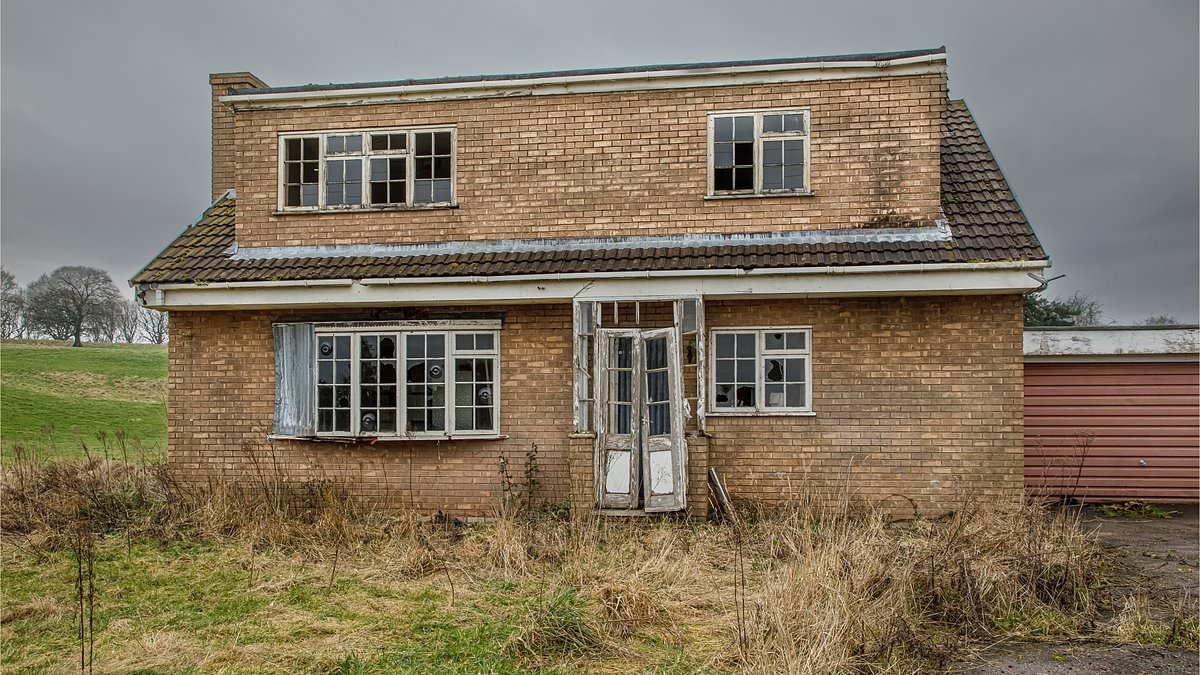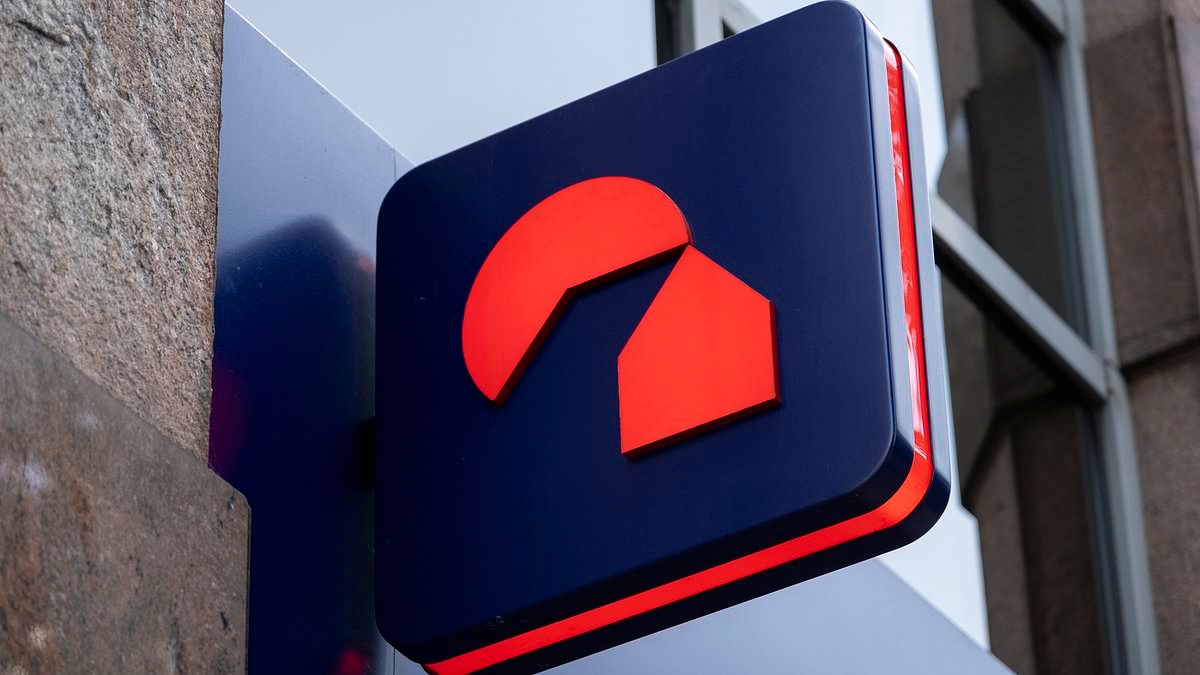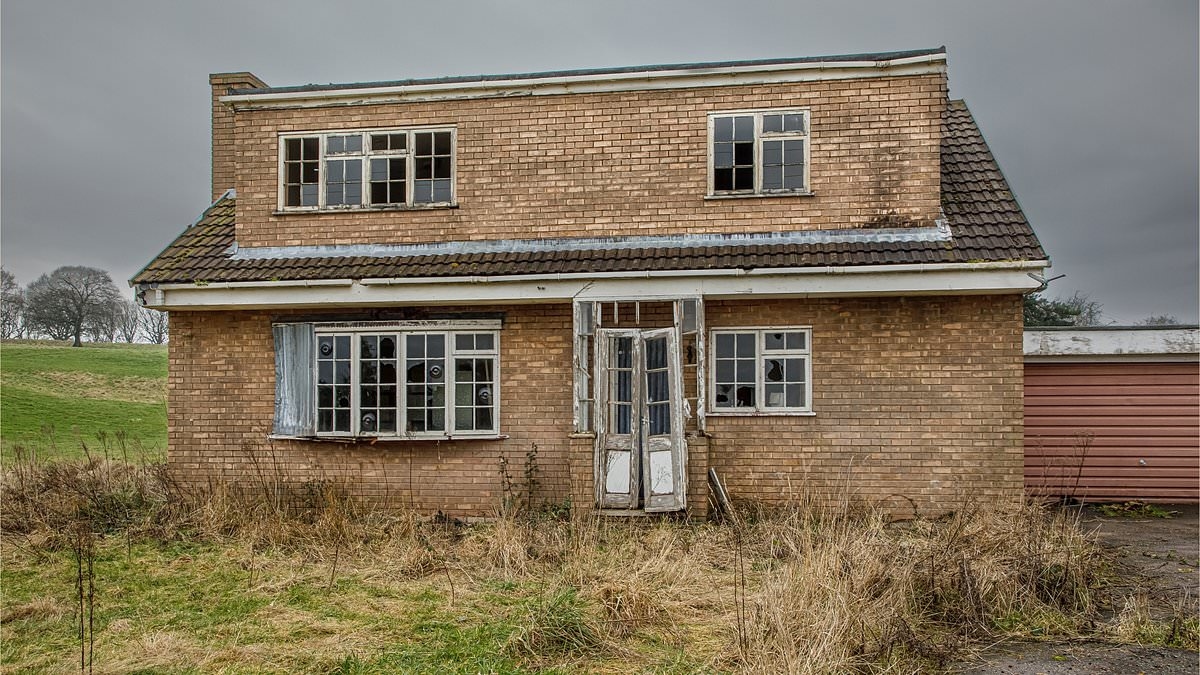Home insurance premiums are falling: Here's what to do if yours seems too expensive

Updated:
Average home insurance premiums fell by 13 per cent year-on-year in September, data seen by the Daily Mail shows.
The average annual cost of buildings and contents insurance was £197 in September 2025, down £29 from £226 in September 2024.
The most significant reductions in home insurance costs were seen in the North East of England, where average prices fell from £179 to £152, comparison website Compare the Market said.
Average home insurance premiums also fell 15 per cent from £205 to £175 for the year.
In the North West of England, homeowners typically forked out £172 for home insurance, down 14 per cent from £201 in September 2024.
The only location where average home insurance premiums increased rather than fell year-on-year was Northern Ireland, according to Compare the Market, which based its data on quotes given to customers searching for home insurance.
Down: Average home insurance premiums fell by 13% year-on-year in September, data shows
In Northern Ireland, average home insurance stood at a hefty £482, up from £445 a year ago.
While Northern Ireland had the most expensive home insurance premiums, premiums in Yorkshire and the Humber and Greater London were also shown to be costly, averaging £328 and £308 respectively.
The most affordable regions for home insurance in the year were the North East and the East of England, with average annual premiums of £152 and £159 respectively.
Homeowners in the West Midlands also enjoyed affordable premiums, which came in at £169 for a year, down from £197 last year.
Compare the Market said price shouldn't be the sole focus when choosing a policy and that it was still important to make sure your insurance covers everything you might need.
It pointed to Met Office warnings of a 'wetter than average' autumn, with parts of the country seeing nearly double average rainfall levels in September.
Homeowners should check their insurance policies to ensure they provide adequate cover, particularly if a property is located in an area at a higher risk of flooding.
The cost of alternative accommodation, flood damage to a property left unoccupied for a certain period, and damage to fences, gates, or hedges are some of the exclusions that could be worth looking out for when reviewing policy documents.
Sam Wilson, an expert at Compare the Market, said: 'It’s encouraging to see home insurance premiums falling.
'However, while lower costs should be welcome news for homeowners, it’s important not to focus on price alone.
'With forecasts of unsettled weather ahead, households should check that their policies offer the right levels of cover for their needs.
'It's also a good idea to shop around and compare deals as they may get a better price on their premium.
'Taking a few minutes to review your cover and comparing them against different policies online could make a difference.'
Insurers paid out £1.6billion in claims during between April and June this year, according to the Association of British Insurers.
The average property claim came in at £6,200, with adverse weather driving a significant proportion of claims.
Not everyone will see their home insurance premium fall, particularly if you let it renew automatically rather than searching for the best deal.
One reader told the Daily Mail this week that their home insurance renewal quote had been hiked by more than £200 for seemingly no clear reason.
There are a number of steps you can take if you are facing a higher home insurance premium, however.
Staying loyal to one insurance brand is typically a poor option for consumers.
Comparison websites can be a good place to start searching for a new deal, but make sure you delve into the detail of a policy to ensure it is adequate for your needs.
Make sure you check customer reviews carefully before selecting your insurer.
Few people like dealing with home insurance quotes, but leaving everything to the last minute is not a good idea.
This is because insurers will generally charge you more for a policy taken out at the last minute.
When possible, try to arrange your new cover weeks rather than days in advance of it being needed.
Insurers benefit from people who automatically renew their home insurance with the same provider year after year.
However, consumers who do this will not always be getting the best deal. In fact, homeowners often only see savings if they do not auto-renew.
If a renewal quote is higher than you were expecting, phone the provider up and try to haggle the price down. Not all insurers are open to haggling any more, but it is always worth giving it a go.
Make use of any multi-policy discounts if they are available via your insurer. Some insurers give homeowners a discount if they take out a home insurance and car insurance policy with them - but again, make sure the cover offers what you need.
You will need to accurately calculate your home’s rebuild cost and contents value to avoid paying more than you need to.
If your existing insurer will not budge on price, vote with your feet and switch providers.
It is best to pay home insurance premiums on an annual rather than monthly basis.
Paying monthly can be more manageable for some people, but sometimes comes at a higher price.
Paying for your home insurance in full for the year avoids interest charges and finance fees from monthly payments.
If the worst happens and something happens to your home, you will want to know you have adequate cover in place.
There is no point in getting the cheapest policy available if it does not cover your needs.
A higher excess may give you a lower premium initially, but if you make a claim, you will have been better off securing a lower excess in the first place. A lower excess will usually increase the cost of your policy.
If you have high value items you want to be included in a policy, or want extras like accidental cover included, you will normally need to pay more. If this gives you peace of mind, it will be worth paying for in the long run.
This İs Money






